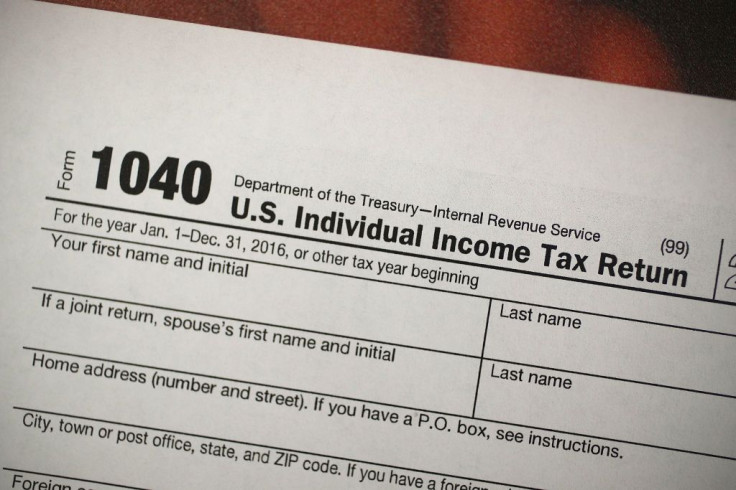
It is a problem that continues to haunt federal and state enforcement teams every tax season. Ghost tax preparers. They set up a storefront during tax season, serve countless taxpayers and vanish right after the tax deadline.
"They are definitely good at disappearing, but not without a trace. We still have victims who can report them," said Susie DiMaggio, chair of the California Tax Education Council (CTEC), a state-mandated nonprofit organization that manages the registration of 40,000 unlicensed tax preparers. "It's an issue even the IRS is struggling to get under control," DiMaggio said.
Here's how ghost tax preparers work. They print out tax returns for clients, tell them to sign and mail it out. What many taxpayers fail to notice is the tax return will not show the tax preparer's signature. For electronically filed tax returns, their name is also left out. These tax returns are filed as "self-prepared."
"They can't do that. Self-prepared means the taxpayer did their own taxes," DiMaggio said. "The law requires paid tax preparers to sign client tax returns."
Other typical scams include…
- Sticking a business label on the tax return instead of signing it by name. Clients get the "label" copy so it looks as though they signed it; however, a blank copy without a business label is filed.
- Claim they "forgot" to sign the tax return and promise to sign it after payment is received.
"The other big problem is these tax returns are often full of bogus deductions and credits," said Esperanza Escobedo, CRTP and CTEC board member. "Taxpayers may feel like they got their money's worth by getting a big tax refund, but they end up paying for it later in audits, penalties and more taxes."
Taxpayers can submit reports. Anonymous reports are accepted. All reports go directly to the California Franchise Tax Board, the enforcement arm for CTEC.
California taxpayers should always verify the tax preparer is legally qualified. State law requires anyone who prepares tax returns for a fee to be either an attorney, certified public accountant (CPA), CTEC-registered tax preparer (CRTP) or enrolled agent (EA).
© 2025 Latin Times. All rights reserved. Do not reproduce without permission.





